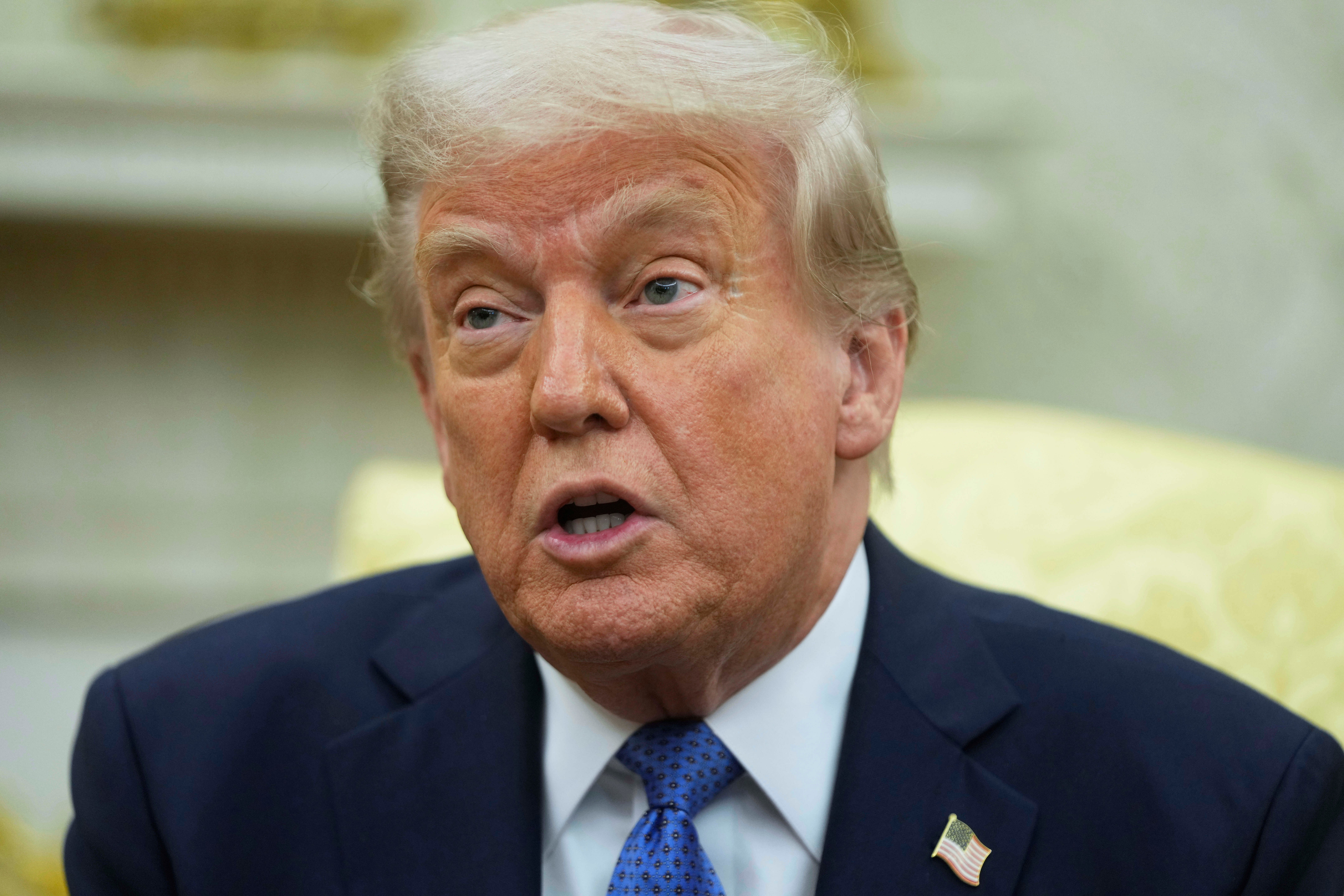ARTICLE AD BOX
Energy bills may soon begin to drop in the UK as a trusted energy consultancy forecasts that the fallout from US president Donald Trump’s trade tariffs bring an inadvertent positive impact.
This is because the controversial move has seen gas prices decrease in Europe, Cornwall Insight, with fears of weaker economic growth across the globe which meaning less demand for oil and gas.
The company’s analysis says that regulator Ofgem will reveal that the energy price cap – which represents the typical household energy bill – will fall by nine per cent in July. This would mark a £166 decrease, from £1,849 to £1,683.
But Craig Lowrey, principal consultant at Cornwall Insight, said a period of warmer weather had also caused less immediate demand for energy, contributing to the fall in the market.
He also cautioned that the unpredictable policy changes coming from the US mean that the situation may yet change before July.

“While a fall in bills will always be welcomed by households, we mustn’t get ahead of ourselves,” he said.
“We have all seen markets go up as fast as they go down, and the very fact the market dropped so quickly shows how vulnerable it is to geopolitical and market shifts.”
Ofgem changes the price cap for households every three months, largely based on the cost of energy on wholesale markets, with the regulator due to confirm the level for July to September on May 27.
The energy price cap was introduced by the Government in January 2019 and sets a maximum price that energy suppliers can charge consumers in England, Scotland and Wales for each kilowatt hour (kWh) of energy they use.
It does not limit total bills, because householders still pay for the amount of energy they consume.
The cap is significantly lower than at the peak of the energy crisis, which was fuelled by Russia’s invasion of Ukraine in February 2022.
But bills remain much higher than historic levels. In April 2021, for example, the cap was just £1,138, nearly one-third lower than the most recent forecast.
It comes as the Government pushes ahead with its policy of building out renewable energy, with a goal of reaching 95 per cent clean power across the electricity grid by 2030.
Mr Lowrey continued: “There is unfortunately no guarantee that any fall in prices will be sustained, and there is always the risk of the market rebounding.
“The only real way to protect households from this constant cycle of instability and insecurity is to reduce our dependence on international wholesale markets.
“That means continuing to focus on growing low carbon energy generation here in Great Britain and building a more secure, more sustainable energy future.”









 English (US) ·
English (US) ·